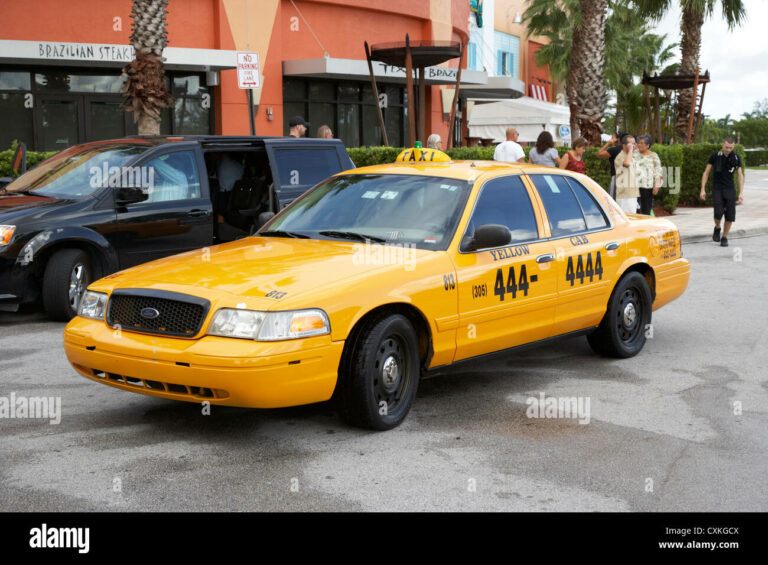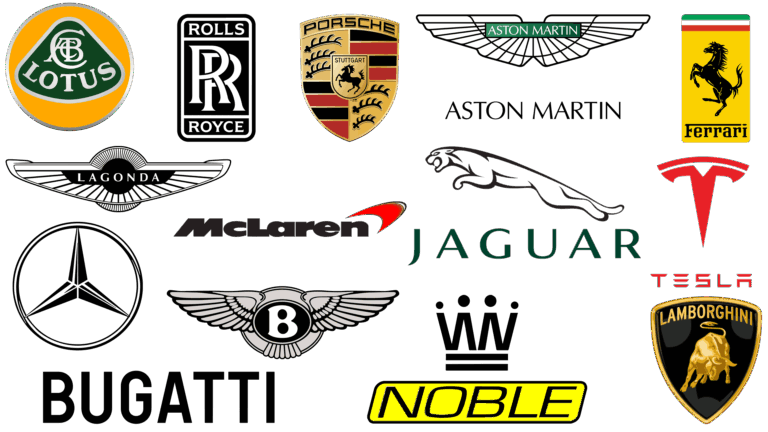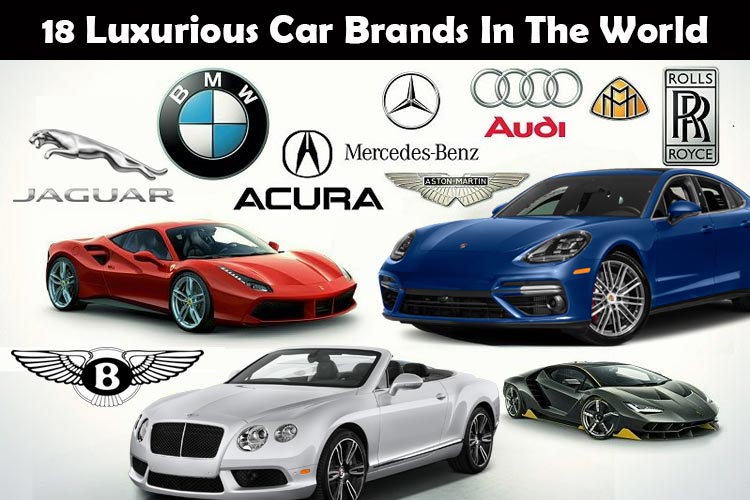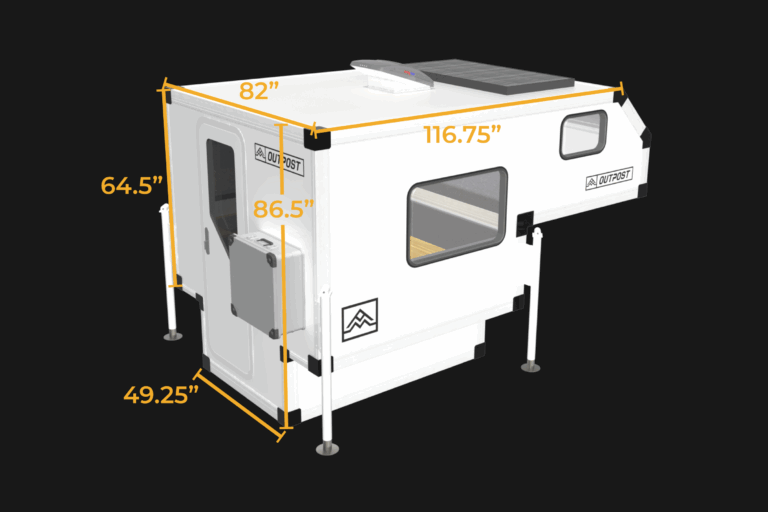Cars And Their Luxury Brands: A Comprehensive Guide to Automotive Opulence
Cars And Their Luxury Brands: A Comprehensive Guide to Automotive Opulence cars.truckstrend.com
Introduction: The Allure of Automotive Excellence
In the vast landscape of personal transportation, cars serve a fundamental purpose: to get us from point A to point B. However, for a select segment of the market, a car transcends mere utility, transforming into a statement of aspiration, a testament to engineering prowess, and a sanctuary of unparalleled comfort and technology. This is the realm of luxury cars and their brands. More than just a higher price tag, a luxury vehicle embodies exquisite craftsmanship, groundbreaking innovation, superior performance, and an exclusive ownership experience. It’s about indulging the senses, reflecting success, and experiencing the pinnacle of automotive artistry. Understanding luxury brands is crucial for anyone seeking to appreciate the finer points of car design and technology, or for those considering an investment in the ultimate driving machine.
Cars And Their Luxury Brands: A Comprehensive Guide to Automotive Opulence
What Defines a Luxury Automobile? Beyond the Price Tag
While a hefty price is often the most apparent characteristic, it’s merely a symptom of the underlying qualities that define a luxury car. The essence of automotive luxury lies in a meticulous blend of attributes:
- Exquisite Craftsmanship and Premium Materials: Luxury vehicles eschew compromise. Interiors are adorned with hand-stitched leather, exotic wood veneers, polished metals, and high-quality carbon fiber. Every seam, every panel gap, every tactile surface is engineered for perfection and durability, often with significant human intervention in the assembly process.
- Cutting-Edge Technology and Innovation: Luxury brands are often the pioneers of automotive technology. This includes intuitive and sophisticated infotainment systems, advanced driver-assistance systems (ADAS) that enhance safety and convenience, state-of-the-art connectivity features, and innovative powertrains that balance performance with efficiency (or electrifying power).
- Superior Performance and Driving Dynamics: Whether it’s a whisper-quiet ride in a limousine or the exhilarating roar of a supercar engine, luxury vehicles deliver a refined and engaging driving experience. This encompasses powerful, smooth engines, meticulously tuned suspensions for optimal comfort and handling, and precise steering that instills confidence.
- Exclusivity and Prestige: Owning a luxury car often comes with a sense of distinction. Limited production runs, bespoke customization options, and a rich brand heritage contribute to an aura of exclusivity that enhances the vehicle’s desirability and status.
- Personalization and Bespoke Options: Many luxury brands offer extensive customization programs, allowing buyers to tailor their vehicle to their exact preferences, from unique paint colors and interior finishes to personalized embroidery and custom-engineered features.
- Unparalleled Ownership Experience: The luxury journey extends beyond the purchase. Owners often receive white-glove service, dedicated concierge support, extended warranties, complimentary maintenance programs, and exclusive access to brand events, reinforcing the premium feel.
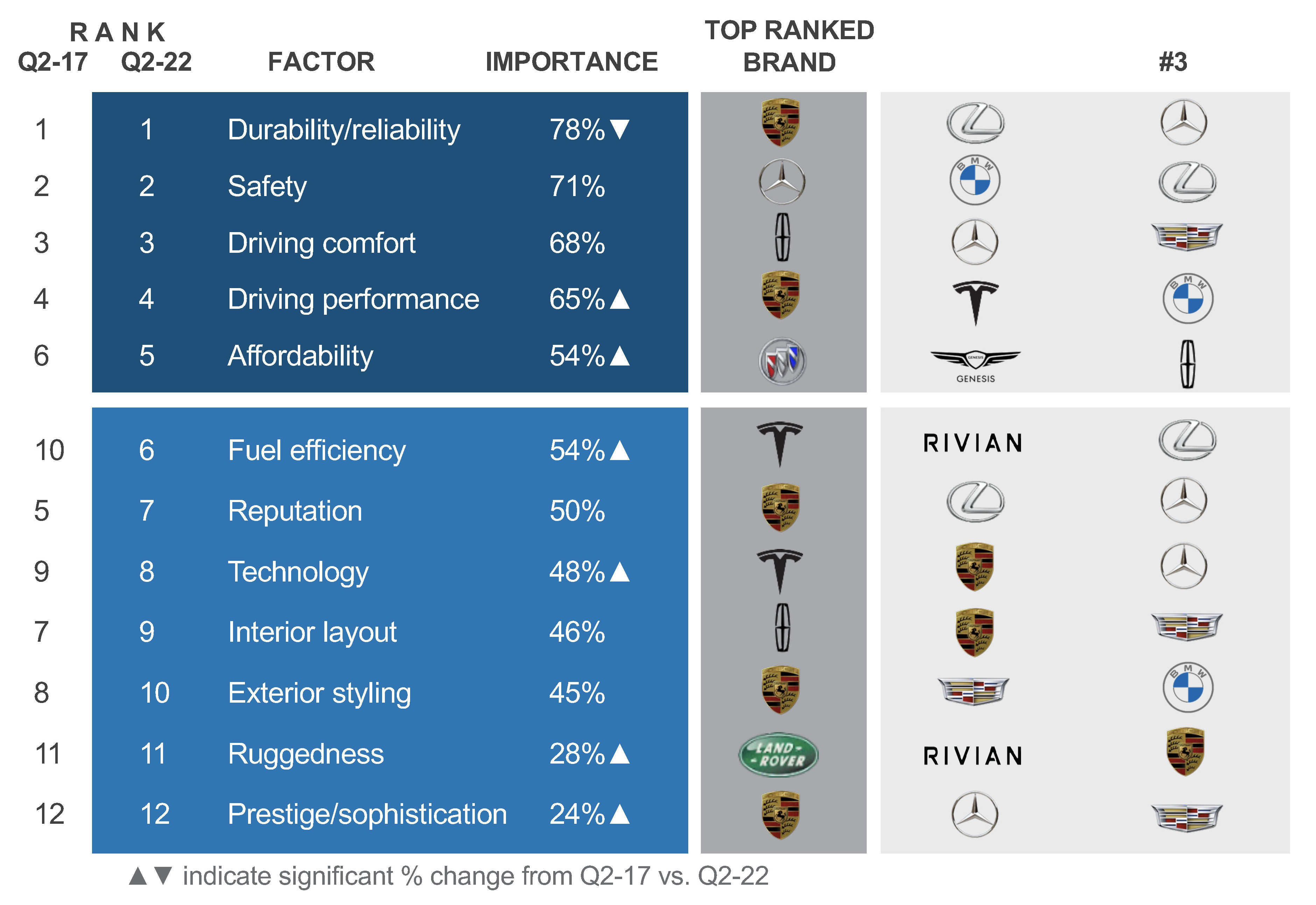
The Tiers of Automotive Luxury: A Spectrum of Opulence
The luxury car market isn’t monolithic; it’s a diverse landscape with distinct segments catering to different desires and budgets.
- Entry-Level Luxury: These vehicles offer a taste of the luxury experience at a more accessible price point. They typically feature premium materials, advanced technology, and refined driving dynamics, often sharing platforms with non-luxury counterparts but with significant upgrades. Brands like Acura, Genesis, and certain models from Audi, BMW, and Mercedes-Benz fit this category.
- Mid-Tier Luxury: This is the core of the luxury market, where brands like BMW, Mercedes-Benz, Audi, Lexus, Volvo, and Land Rover primarily compete. They offer a comprehensive blend of performance, comfort, technology, and brand prestige, with a wide range of body styles from sedans and SUVs to coupes and convertibles.
- High-End/Performance Luxury: This tier pushes the boundaries of performance and exclusivity. Vehicles here often feature more powerful engines, specialized chassis tuning, and a greater emphasis on driver engagement and track capability, alongside luxury appointments. Brands include Porsche, Maserati, Aston Martin, and high-performance divisions like Mercedes-AMG or BMW M.
- Ultra-Luxury/Bespoke: Representing the absolute pinnacle of automotive opulence, these vehicles prioritize ultimate comfort, unparalleled craftsmanship, and virtually limitless customization. Production numbers are typically very low, and prices soar into the hundreds of thousands, if not millions. Rolls-Royce, Bentley, and Mercedes-Maybach are the undisputed leaders in this segment.
- Electric Luxury (Emerging Segment): With the automotive world rapidly electrifying, a new tier of luxury EVs is emerging. These vehicles combine the silent, instant torque of electric powertrains with the traditional luxury hallmarks of advanced technology, premium materials, and sophisticated design. Key players include Tesla (particularly Model S/X), Lucid Air, Porsche Taycan, Mercedes-Benz EQS, and BMW i7.


Key Players in the Luxury Automotive Market: Brand Spotlights
Each luxury brand cultivates a distinct identity, appealing to different facets of the luxury car buyer’s psyche.
- German Giants (Mercedes-Benz, BMW, Audi, Porsche):
- Mercedes-Benz: Synonymous with comfort, elegance, and groundbreaking technology. Known for its plush interiors and a wide range of models, from the C-Class sedan to the ultra-luxurious S-Class and the rugged G-Wagen.
- BMW: The "Ultimate Driving Machine," celebrated for its sporty driving dynamics, powerful engines, and driver-focused cockpits. Offers a balance of performance and luxury across its sedan (3, 5, 7 Series) and SUV (X-Series) lineup.
- Audi: Known for its sophisticated design, cutting-edge technology (especially infotainment and quattro all-wheel drive), and refined interiors. Offers a sleek, modern aesthetic and a smooth, composed ride.
- Porsche: The epitome of performance luxury. While renowned for its iconic 911 sports car, Porsche also excels with luxurious and performance-oriented SUVs (Cayenne, Macan) and the electric Taycan, all embodying precision engineering and exhilarating driving.
- Japanese Refinement (Lexus, Acura, Infiniti):
- Lexus: Toyota’s luxury arm, famous for its exceptional reliability, serene and quiet cabins, impeccable build quality, and strong customer service. Often emphasizes comfort and advanced hybrid technology.
- Acura: Honda’s luxury division, focusing on precise engineering, performance-oriented handling (especially with Super Handling All-Wheel Drive), and advanced technology, often at a competitive price point.
- Infiniti: Nissan’s luxury brand, known for distinctive styling, powerful engines, and a focus on driver engagement.
- British Heritage & Opulence (Rolls-Royce, Bentley, Aston Martin, Land Rover/Range Rover):
- Rolls-Royce: The ultimate statement of bespoke luxury. Every car is largely hand-built, offering unparalleled levels of customization, serene silence, and commanding presence.
- Bentley: Blending opulent luxury with formidable performance, Bentley vehicles offer handcrafted interiors, powerful engines, and a sophisticated, sporting character.
- Aston Martin: Iconic for its elegant sports cars, Aston Martin combines stunning design with powerful engines and a distinct British charm, often featured in James Bond films.
- Land Rover/Range Rover: The benchmark for luxury SUVs, offering unparalleled off-road capability combined with sumptuously appointed interiors and a commanding driving position.
- Italian Passion & Performance (Ferrari, Lamborghini, Maserati):
- Ferrari: Synonymous with high-performance sports cars, racing heritage, and breathtaking design. Known for its V8 and V12 engines and emotional driving experience.
- Lamborghini: Characterized by dramatic, angular designs and extreme performance, often featuring powerful V10 and V12 engines. A true supercar icon.
- Maserati: Offers a blend of Italian flair, distinctive engine notes, and a sporty yet luxurious driving experience across its sedan, SUV, and sports car lineup.
- American Innovation (Tesla, Cadillac, Lincoln):
- Tesla: A disruptor in the luxury market, focusing on electric performance, minimalist design, and cutting-edge software and autonomous driving capabilities.
- Cadillac: General Motors’ luxury brand, undergoing a resurgence with a focus on bold design, advanced technology, and high-performance V-series models.
- Lincoln: Ford’s luxury division, known for its emphasis on quiet comfort, elegant design, and a serene "sanctuary" interior experience.
- Swedish Safety & Design (Volvo):
- Volvo: Redefined luxury with a focus on minimalist Scandinavian design, world-leading safety features, advanced connectivity, and a strong commitment to sustainability.
- Korean Disruption (Genesis):
- Genesis: Hyundai’s standalone luxury brand, rapidly gaining traction with stunning design, exceptional value, advanced technology, and a premium ownership experience, challenging established players.
The Benefits and Considerations of Owning a Luxury Car
Owning a luxury vehicle is a significant decision with both compelling advantages and important challenges.
Benefits:
- Superior Driving Experience: From powerful acceleration to refined handling and a whisper-quiet cabin, luxury cars are engineered for an exceptional journey.
- Enhanced Safety Features: Luxury brands often introduce advanced safety technologies first, providing cutting-edge protection for occupants.
- Technological Innovation: Be among the first to experience the latest in infotainment, connectivity, and driver-assistance systems.
- Status and Prestige: A luxury car can be a symbol of achievement, reflecting personal success and taste.
- Higher Resale Value (for some): While depreciation is a factor, certain desirable luxury models or brands with strong reputations can hold their value better than average.
- Premium Ownership Experience: Enjoy personalized service, exclusive benefits, and a sense of belonging to a prestigious brand community.
Considerations/Challenges:
- Higher Purchase Price: This is the most obvious hurdle, requiring a substantial initial investment.
- Increased Maintenance Costs: Specialized parts, advanced diagnostics, and highly skilled labor mean routine maintenance and repairs are significantly more expensive.
- Higher Insurance Premiums: Due to their higher value and repair costs, luxury cars typically incur higher insurance rates.
- Depreciation: While some models hold value well, many luxury cars, especially sedans, can depreciate rapidly in the first few years.
- Fuel Efficiency: Performance-oriented luxury vehicles often have lower fuel economy figures.
- Complexity of Technology: The abundance of features can sometimes lead to a steeper learning curve for owners.
Choosing Your Luxury Ride: Practical Advice
Navigating the luxury car market requires careful consideration. Here’s how to approach your decision:
- Define Your Priorities: Are you seeking ultimate performance, supreme comfort, cutting-edge technology, or a blend of all three? Do you need an SUV for family and utility, or a sleek sedan for daily commutes?
- Set a Realistic Budget: Beyond the purchase price, factor in insurance, maintenance, fuel, and potential depreciation. A "luxury budget" extends well beyond the monthly payment.
- Research Thoroughly: Read professional reviews, consult reliability ratings (e.g., from J.D. Power, Consumer Reports), and investigate typical ownership costs for specific models you’re considering. Online forums for owners can provide real-world insights.
- Test Drive Extensively: There’s no substitute for experiencing a car firsthand. Drive multiple models from different brands to compare ride quality, handling, interior comfort, and technology interfaces. Pay attention to how the car feels to you.
- Consider Certified Pre-Owned (CPO): A CPO luxury vehicle offers significant savings over new, often comes with an extended factory warranty, and has undergone rigorous inspections, making it an excellent entry point into luxury ownership.
- Leasing vs. Buying: For luxury cars, leasing can be an attractive option, allowing you to drive a new vehicle every few years with lower monthly payments and avoiding long-term depreciation concerns. However, you don’t build equity.
- Evaluate After-Sales Service: A premium ownership experience is a hallmark of luxury. Research the reputation of local dealerships for service, parts availability, and customer support.
Price Table: Representative Luxury Car Starting Prices (MSRP, USD)
Please note: These are approximate starting MSRPs for entry-level models within each brand’s lineup in the United States and are subject to change based on trim, options, and market conditions. Ultra-luxury and bespoke models can easily exceed $500,000 to over $1 million.
| Brand | Origin | Key Focus | Typical Entry-Level Model Price Range (USD) | Flagship/High-End Model Price Range (USD) |
|---|---|---|---|---|
| Acura | Japan | Precision Crafted Performance, Value | $38,000 – $50,000 | $55,000 – $70,000 |
| Audi | Germany | Sophisticated Design, Technology, AWD | $40,000 – $55,000 | $80,000 – $150,000+ |
| BMW | Germany | Driving Dynamics, Performance | $42,000 – $60,000 | $85,000 – $180,000+ |
| Cadillac | USA | Bold Design, Technology, Performance | $45,000 – $60,000 | $80,000 – $150,000+ |
| Genesis | South Korea | Value, Design, Technology, Premium Service | $40,000 – $55,000 | $70,000 – $85,000+ |
| Infiniti | Japan | Distinctive Styling, Driver Engagement | $40,000 – $55,000 | $60,000 – $75,000 |
| Land Rover | UK | Luxury SUVs, Off-Road Capability | $55,000 – $75,000 | $90,000 – $200,000+ |
| Lexus | Japan | Reliability, Comfort, Refinement, Hybrid | $40,000 – $55,000 | $70,000 – $100,000+ |
| Lincoln | USA | Quiet Comfort, Elegant Design | $45,000 – $60,000 | $70,000 – $90,000 |
| Maserati | Italy | Italian Flair, Performance, Sound | $80,000 – $100,000 | $130,000 – $200,000+ |
| Mercedes-Benz | Germany | Elegance, Comfort, Technology | $45,000 – $65,000 | $90,000 – $200,000+ |
| Porsche | Germany | Sports Car Performance, Precision | $65,000 – $85,000 | $100,000 – $250,000+ |
| Tesla | USA | Electric Performance, Tech, Autonomy | $45,000 – $65,000 | $80,000 – $130,000+ |
| Volvo | Sweden | Safety, Scandinavian Design, Sustainability | $40,000 – $55,000 | $60,000 – $80,000+ |
| Aston Martin | UK | Elegant Sports Cars, British Charm | $150,000 – $200,000 | $250,000 – $350,000+ |
| Bentley | UK | Opulent Luxury, Performance | $200,000 – $250,000 | $300,000 – $500,000+ |
| Ferrari | Italy | Ultimate Performance, Racing Heritage | $250,000 – $300,000 | $350,000 – $700,000+ |
| Lamborghini | Italy | Extreme Performance, Dramatic Design | $200,000 – $250,000 | $300,000 – $600,000+ |
| Rolls-Royce | UK | Bespoke Luxury, Unparalleled Opulence | $350,000 – $400,000 | $450,000 – $700,000+ |
Frequently Asked Questions (FAQ) About Luxury Cars and Brands
Q1: Are luxury cars worth the extra cost?
A1: Whether a luxury car is "worth it" is subjective. If you value superior comfort, advanced technology, enhanced safety, prestigious branding, and a premium ownership experience, then the additional cost can be justified. For some, it’s an investment in a daily experience that brings joy and reflects their achievements.
Q2: Do luxury cars have higher maintenance costs?
A2: Generally, yes. Luxury cars often use specialized parts, complex electronic systems, and require highly skilled technicians for servicing, leading to higher labor and parts costs compared to non-luxury vehicles. It’s crucial to factor these ongoing expenses into your budget.
Q3: Which luxury car brand is the most reliable?
A3: Lexus consistently ranks among the top for reliability in various surveys, often surpassing its German and American competitors. Acura and Genesis also perform very well. However, reliability can vary by specific model and year, so it’s always best to check recent consumer reports.
Q4: What’s the difference between "premium" and "luxury" car brands?
A4: The terms are often used interchangeably, but "luxury" generally implies a higher level of exclusivity, craftsmanship, and bespoke options, pushing boundaries in performance and materials. "Premium" might refer to brands that offer enhanced features and quality above mainstream cars but may not reach the same pinnacle of opulence or personalized service as true luxury brands. Brands like Acura and Volvo sometimes bridge this gap.
Q5: Is buying a used luxury car a good idea?
A5: Buying a used luxury car, especially a Certified Pre-Owned (CPO) one, can be an excellent value proposition. You can acquire a premium vehicle at a significantly reduced price, often with a warranty. However, be mindful of potential higher maintenance costs as the car ages, and ensure a thorough pre-purchase inspection by a trusted mechanic.
Q6: How do electric vehicles (EVs) fit into the luxury market?
A6: EVs are rapidly becoming a major segment of the luxury market. Brands like Tesla, Lucid, Porsche (Taycan), Mercedes-Benz (EQS), and BMW (i7) offer silent, powerful, and technologically advanced electric luxury vehicles. They leverage electric powertrains to deliver instant torque, innovative interior designs, and cutting-edge software features, redefining the luxury experience for the modern age.
Conclusion: The Enduring Appeal of Automotive Mastery
Luxury cars and their brands represent the zenith of automotive achievement. They are more than just modes of transport; they are meticulously crafted works of art, technological marvels, and personal statements. From the track-honed precision of a Porsche to the serene opulence of a Rolls-Royce, each brand offers a unique interpretation of what it means to experience automotive excellence. As the industry evolves, particularly with the rise of electric vehicles and new players, the definition of luxury continues to expand, promising even more innovative, personalized, and exhilarating experiences for discerning drivers around the world. Investing in a luxury car is not just buying a vehicle; it’s buying into a legacy of innovation, a commitment to quality, and an unparalleled journey of ownership.
)

